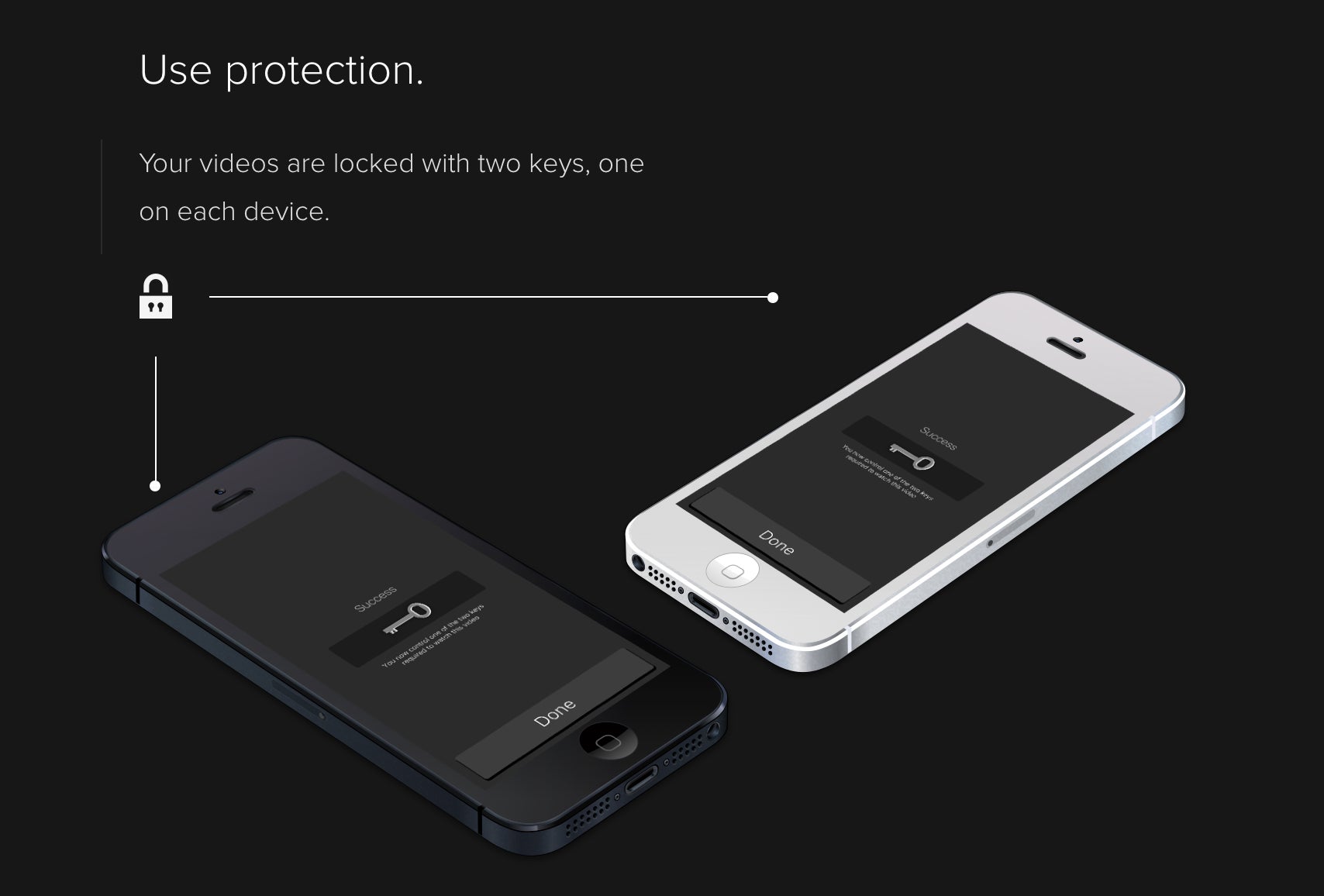Silicon Valley found a use for encryption apps: a prenup for sex tapes
If you’re still be on the fence about encrypting your text messages, here’s an easier sell: Definitely encrypt your sex tapes.


If you’re still be on the fence about encrypting your text messages, here’s an easier sell: Definitely encrypt your sex tapes.
Sex tapes are never totally secure. That’s why New Zealand startup Rumuki (a Japanese take on “room key”) is pitching itself as a prenup for sex videos, which can’t be viewed without mutual consent. Since launching on Feb. 12, the company has registered about 1,000 devices, although it doesn’t collect much more information than that.
Here’s how it works: Person A says, “Let’s make a sex tape!” Person B says, “Swell.” They pair their devices using Rumuki. They record. Each gets a key (a short code) that can unlock said video, which is stored on their phones and encrypted. To play the video, either user can send their key to a server that unlocks a one-time playback (future playbacks require new keys). The videos never leave the users’ phones—content is only shared directly between paired phones on a local network like wifi or bluetooth—and videos can be shared with just one paired device. At any time, either user can revoke all playback rights and delete recordings. To add a layer of anonymity, Rumuki says it does not store or collect personal information, and accounts do not require identifying information.
Rumuki founder Nathan Kot, a software engineer at a financial services startup, says he came to the idea for the app after a side project led him into a two-year odyssey of cryptography, video-sharing, and explicit content. He hopes to solve the problem of people entrusting videos to their partners and then discovering that trust was misplaced (or had a shelf life). Posting nonconsensual porn, sometimes called “revenge porn,” is illegal in 34 states, and about 90% of the victims are women, according to a survey by the University of Miami School of Law. Removing the material online is a grueling and often fruitless process, and people have had to change their names to escape the search-result fallout.

So how secure is Rumuki? Kot has published portions of his open-source code, and wrote a white paper on the app’s security protocol. He also says a more comprehensive security review is pending. “The implementation still needs to be audited and [tested],” Kot wrote via email. “These typically take a long time and a lot of money but that’s the next step.” He also noted that there is no way to prevent someone from recording Person A or B’s screen with another device while they’re watching a private video.
As Silicon Valley embraces encryption, people are beginning to expect a new degree of security for their digital communications (nude or otherwise). The use of secure messaging apps has soared in the wake of Edward Snowden’s domestic-spying revelations, and the election of US President Donald Trump. In December, encrypted calling and messaging app Signal reported a 400% increase in daily downloads since the election. As open-source code makes encryption cheaper and easier to deploy, it continues to spread to apps handling everything from messages to finances.
Correction: A previous version of this post stated it was a Silicon Valley startup. It is based in New Zealand.